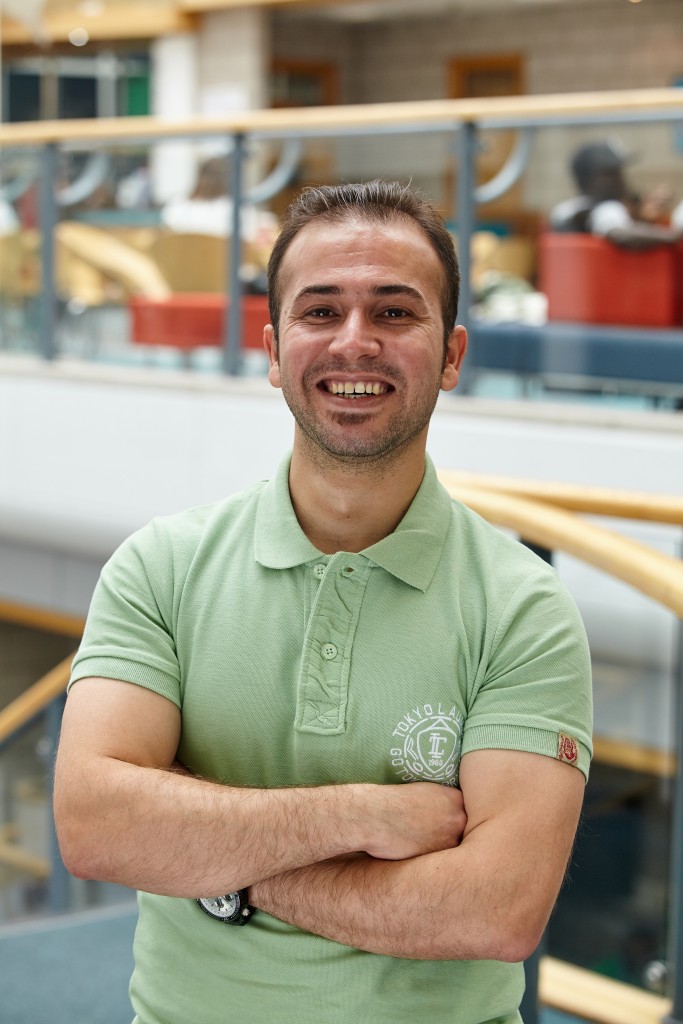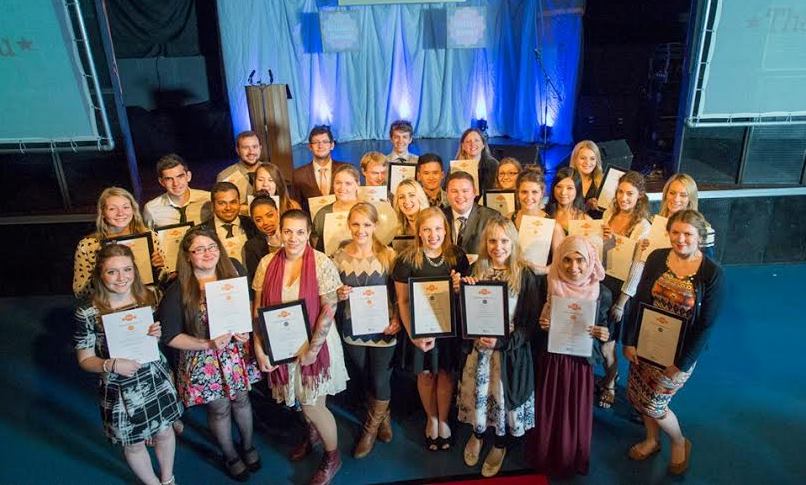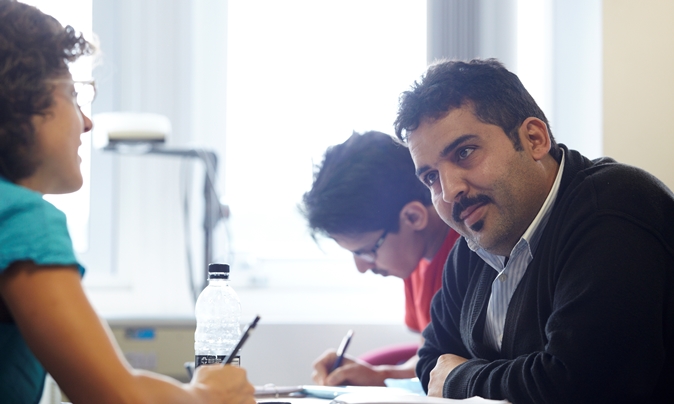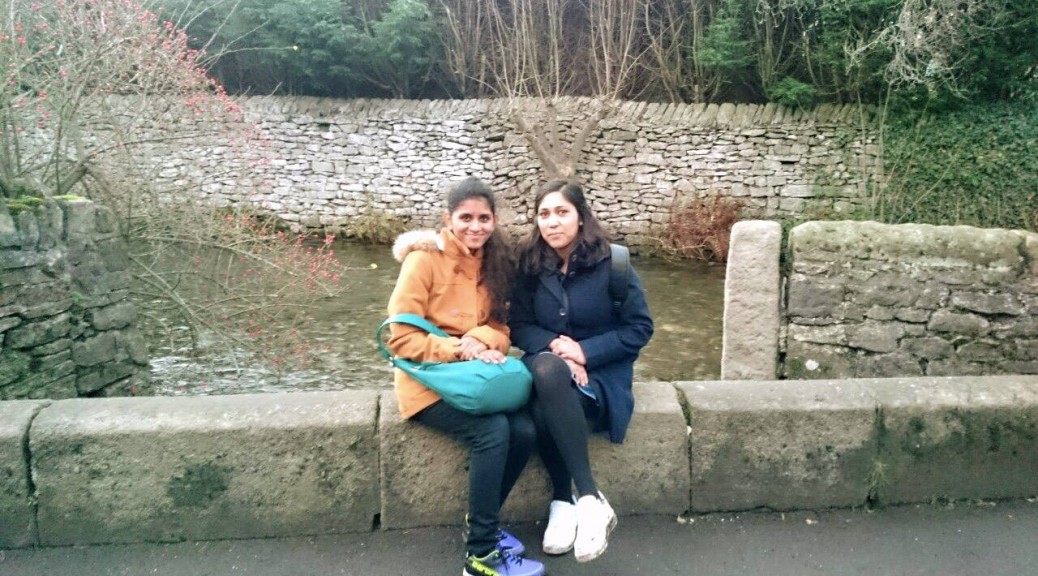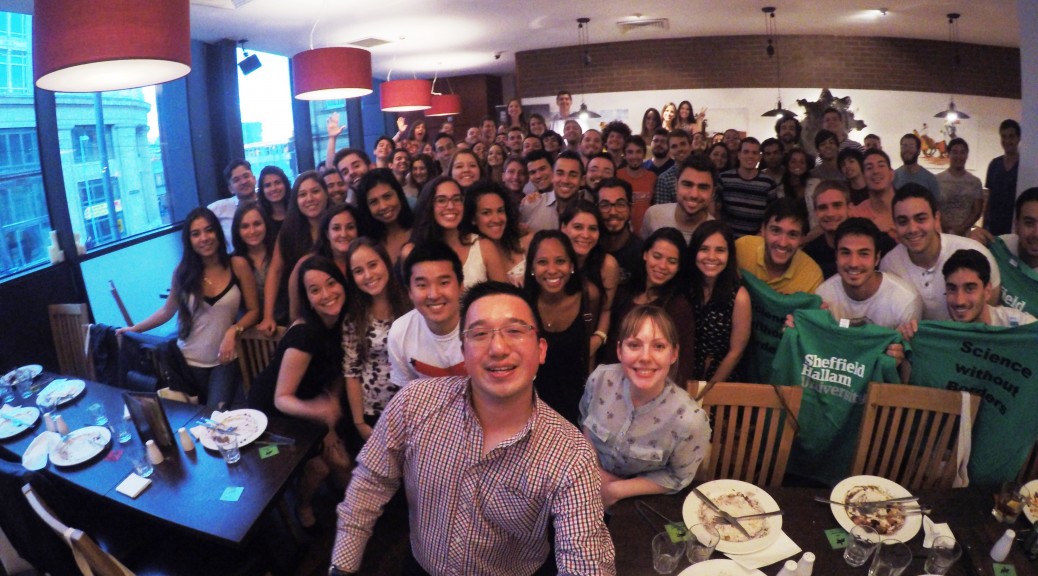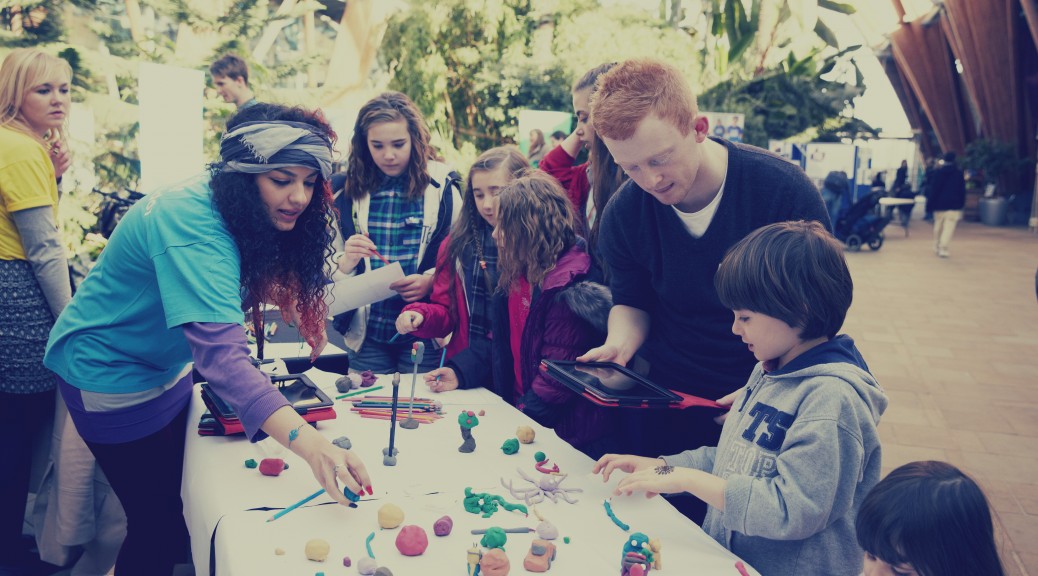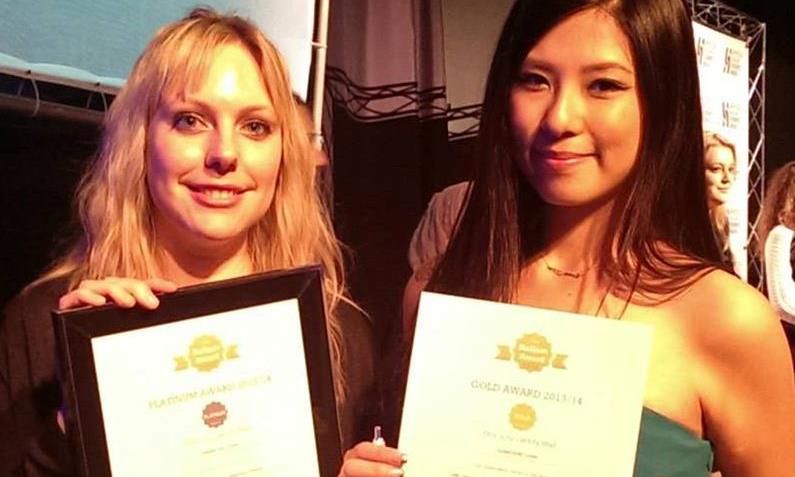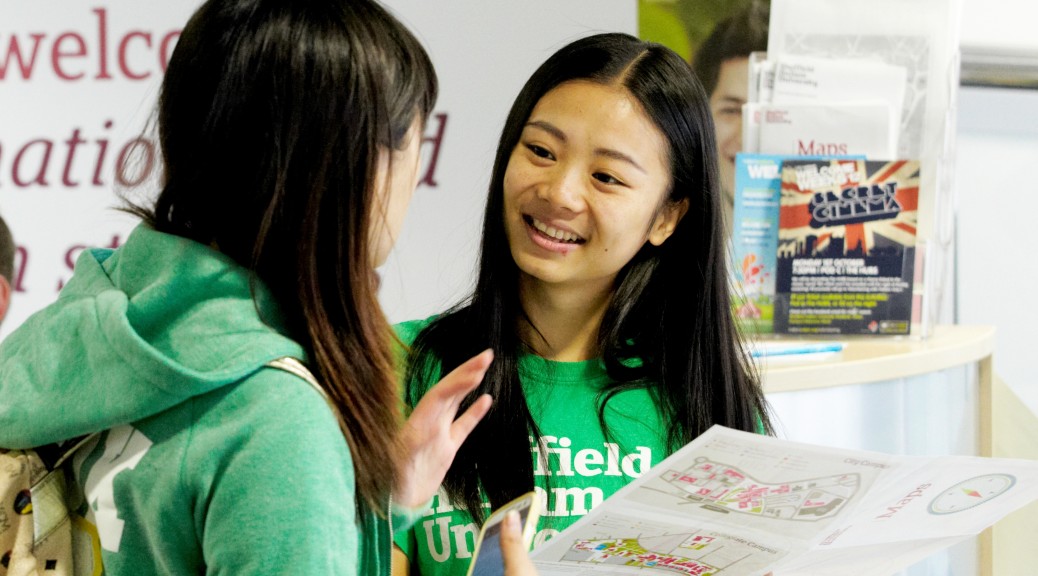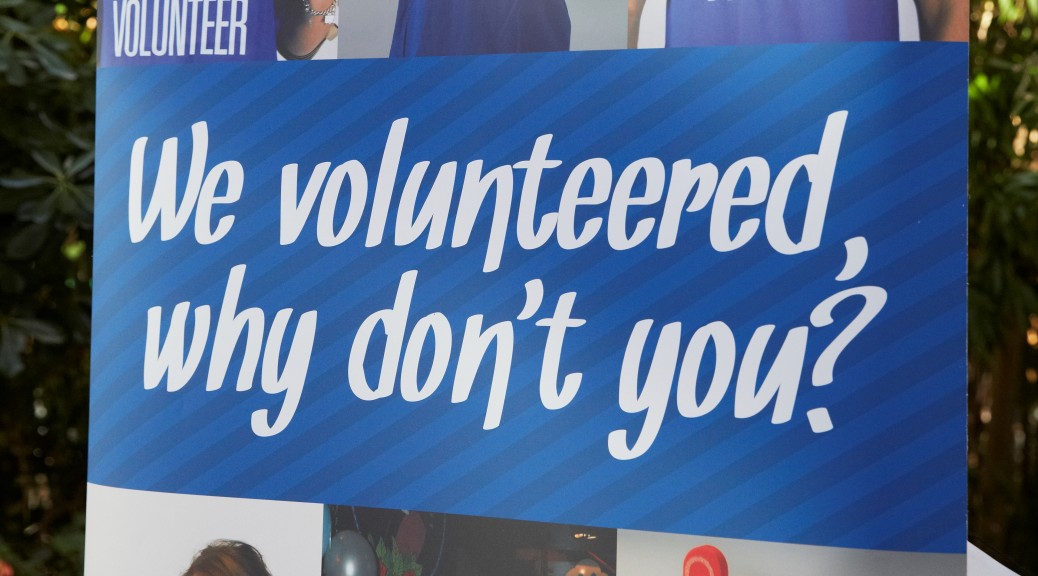All Sheffield Hallam students can take part in SHSU Volunteering’s One-Off programme. This allows you to take part in short term voluntary activities, meet the local community and have a great time while you’re at it! To sign up, simply go here. We refund all travel expenses and food expenses where possible so there’s nothing to lose – why not try out one of our exciting opportunities below?
Sunday 8th May: Bucket Collection – Sheffield United v Scunthorpe
11.30am – 2pm
Join local children’s hospice Bluebell Wood as they raise money for their causes outside Sheffield United’s football stadium. All volunteers will receive a free match ticket after their shift.
Friday 20th May: Gardening – Young Women’s Housing Project
10am – 4pm
The Young Women’s Housing Project look after survivors of sexual and domestic abuse. They are looking for volunteers to help with some gardening to create a welcoming atmosphere for the women housed on site. Please note that this opportunity is open to self-defining women only.
Friday 20th May, Saturday 21st May, Sunday 22nd May: Boccia England Competition
9am – 5pm
The authority for the Paralympic sport of Boccia are looking for students to assist with their national competitions which are taking place in Sheffield. You will be involved with timekeeping and scoring. Full training will be provided on the day, and no knowledge of the sport is required. All volunteers will receive a free t-shirt and lunch!
Saturday 28th May & Sunday 29th May: Abbeydale Picture House community day
10am – 4pm
Join members of the local community as they work to restore the Abbeydale Picture House, a 100 year old cinema in the heart of Sheffield’s Antiques Quarter. This is a great chance to be involved with the community and to see an important part of Sheffield’s history up close!
Saturday 28th May: Taste Moor event volunteers
10am – 4pm
Taste Moor is a food festival taking place on The Moor in Sheffield. Volunteers will take part in demonstrations, activities and other stewarding duties to assist the smooth running of this vibrant, fun festival!
Friday 3rd June: Gardening – Young Women’s Housing Project
10am – 4pm
The Young Women’s Housing Project look after survivors of sexual and domestic abuse. They are looking for volunteers to help with some gardening to create a welcoming atmosphere for the women housed on site. Please note that this opportunity is open to self-defining women only.
Wednesday 15th June: RSPCA
9am – 4pm
The RSPCA take care of endangered animals in the city. Volunteers at this day will help walk dogs, clean out the animals’ accommodation and assist with the varied work that the RSPCA do.
Monday 20th – Sunday 26th June: Refugee Week at Theatre Deli
Various shifts available
Theatre Delicatessen in Sheffield is hosting an exciting week of events for Refugee Week. Volunteers will assist with the running of events and will have the chance to be part of an exciting series of activities with people from all over the world!
Wednesday 13th July: RSPCA
9am – 4pm
The RSPCA take care of endangered animals in the city. Volunteers at this day will help walk dogs, clean out the animals’ accommodation and assist with the varied work that the RSPCA do.
To sign up to any of our exciting opportunities, visit https://www.hallamstudentsunion.com/get_involved/volunteering/oneoffopportunities/

